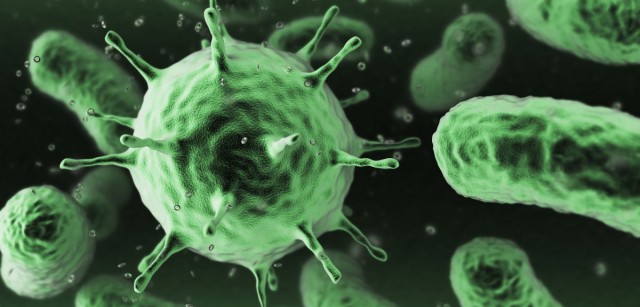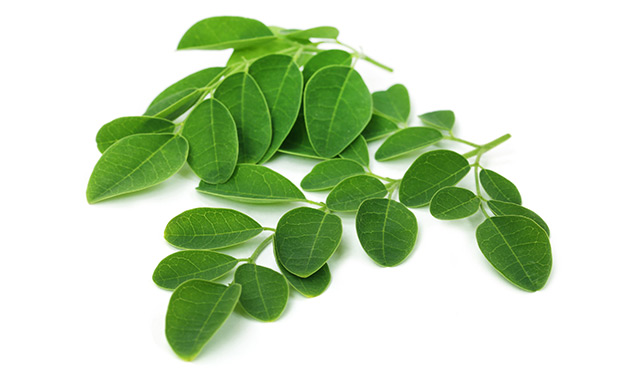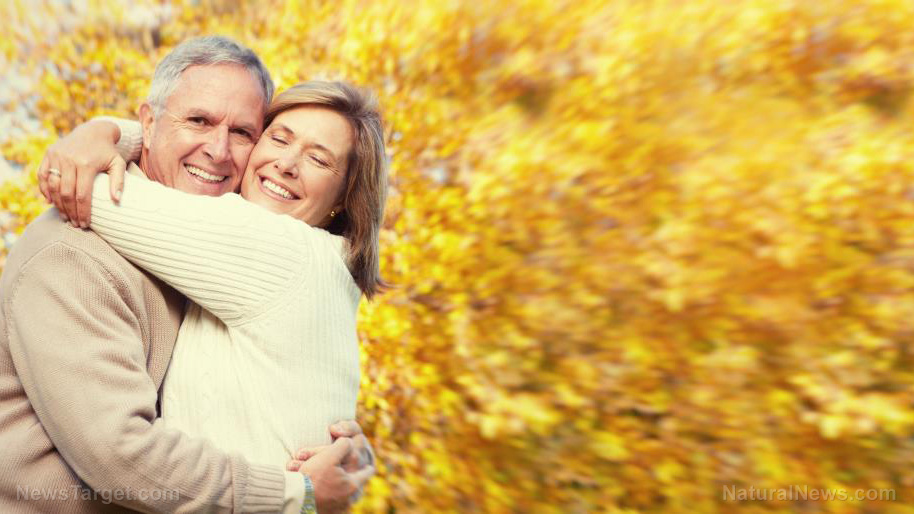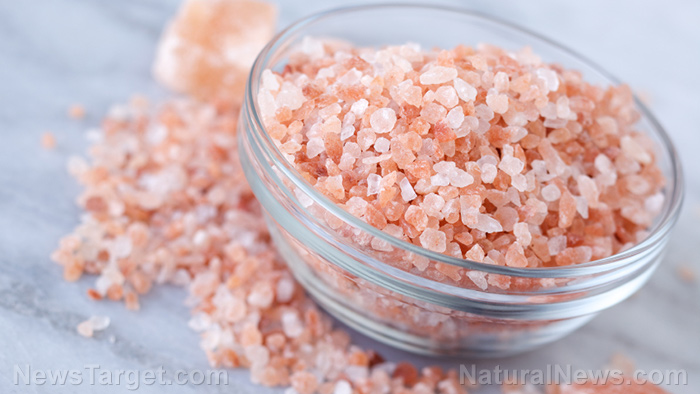Russian scientist injects himself with ancient bacteria and claims to be illness-free
01/20/2017 / By Lance D Johnson

In 2009, an ancient species of bacteria was discovered in Siberia’s Mount Mamontova in the northern region of Yakutia. Preserved in the Siberian permafrost for an estimated 3.5 million years, these bacteria can survive extreme temperatures and climate conditions. Initial testing revealed that the bacteria possess superior immune system-modulating properties. Better yet, the bacteria share these immune boosting properties with the host they interact with.
In initial tests, the bacteria, identified as Bacillus F, increased the longevity of mice from 589 days to 906 days on average. Researchers also noticed that the bacteria helped the mice increase their muscle activity, leading to more active, fitter lives. Further MRI examination of the mice injected with Bacillus F revealed that two indicators were higher than usual – glutamate and taurine levels. These are responsible for increasing the life expectancy of the cell, boosting energy production and metabolism, and strengthening immune system regulation. Excited by initial findings, a Russian scientist named Dr. Anatoli Brouchkov, decided to inject himself with the bacteria.
Dr. Brouchkov, head of the Geocryology Department at Moscow State University, says that Bacillus F has drastically improved his health. He claims to be illness-free over the past two years and credits the bacteria for this sudden health improvement.
Dr. Brouchkov reports, “I started to work longer, I’ve never had a flu for the last two years.” He admits that he doesn’t understand exactly how the bacteria convey such strength. While he remains clueless to the mechanism, he still sees and feels the impact the bacteria have on his quality of life. Dr. Brouchkov says that by understanding how Bacillus F works, “we probably would be able to find a tool to extend our own lives.”
Bacilli F enter the regional environment of Yakutia as the Siberian permafrost slowly thaws out. The microorganisms are present in the water that the Yukut people drink. The Yukut people apparently live longer than other cultures and now the secret to their longevity has been discovered.
Bacillus bacteria cells bind with B lymphocytes, activating a rapid response from the immune system
Even though the fear of germs dominates modern day thinking, bacteria are essential to human’s well being. Trillions of bacteria cells interact with humans on a momentary basis. Every individual harbors a unique collection of microbes in their gut. Many of these friendly species of bacteria aid in digestion, protect the blood from toxins, assist in nutrient assimilation, and help the body respond to invading pathogens. Researchers from the Loyola University Health System in Chicago discovered that certain Bacillus bacteria in the digestive tract form spores during times of stress. When these bacteria spores meet B lymphocytes from the immune system, the molecules bind, activating the B cells to reproduce faster than average. This action prompts the rapid reproduction of antibodies to help fight against viral and bacterial infections.
Certain types of bacteria support human health. Colonies also exist on the skin, protecting the body’s largest organ. Future immunization practices will focus on the concept of strengthening the individual’s microbiome(s) so they can best adapt to their environment. The incessant use of chemicals such as Lysol, antibiotics, and triclosan basically just “punch holes” in the bacteria ecosystem. These practices only embolden pathogens as they re-colonize the area, take over the balance, and evolve with stronger genetic traits. When medical science begins to understand that we are not at war with bacteria, then we will begin to re-establish our connection and mutual relationship with commensal bacteria species. When we work with nature, we are more able to adapt to our environment through the beneficial relationship we share with friendly bacteria, as witnessed by Bacillus F in Siberia.
Sources:
Tagged Under: boost your immune system, commensal bacteria, Probiotic




















